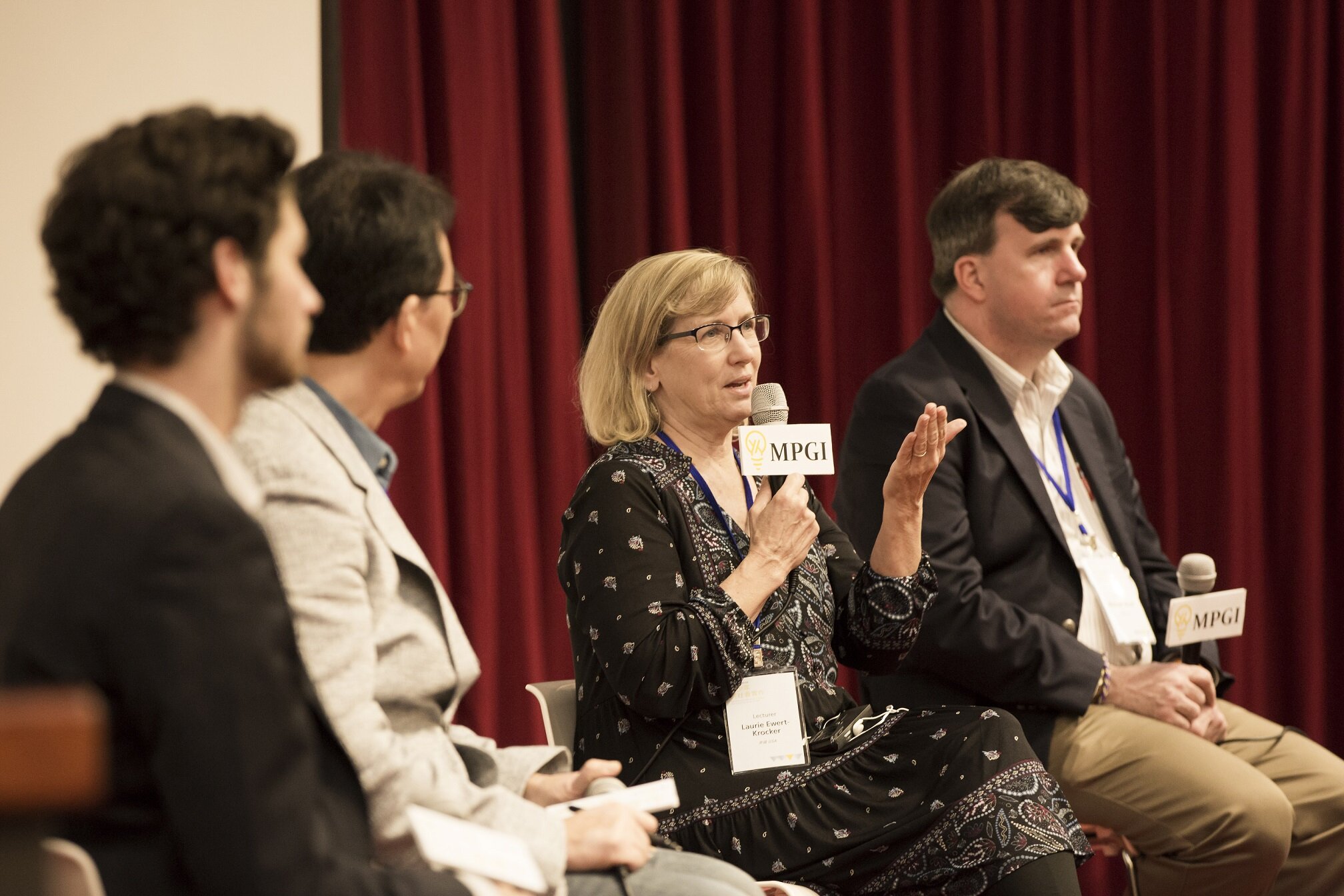The ever-changing educational environment has led parents, teachers, and students to a state of extreme anxiety. The question on everyone’s mind is: What type of education do we need right now in Taiwan?
Y2 is committed to finding solutions to this question. In November 2018, we co-hosted “Future Education for Adolescents—Montessori for Social Change” with National Chengchi University, Taiwan Experimental Education Center, and US Montessori teacher training institute Great Work, Inc. The goal of this forum was to advocate that Montessori education goes beyond early childhood education. Pioneers in experimental education from the US, Australia, Hong Kong, the Philippines, and Thailand joined the event. Through first-hand sharing of case studies and discussion, the aim was to bring ideas for innovation in terms of diversity, reform, and transformation in Taiwan’s national curriculum.
Affordable Montessori: Helping more children develop the ability to adapt to the future
Why Montessori? At the forum, Laurie Ewert-Krocker, director of the Upper School Program at Hershey Montessori School in Ohio, explained: “Montessori schools for adolescents are created based on society in reality. This creates a natural environment for students to ponder about real-life issues, a process which cultivates their ability to discover and solve problems. Deep engagement in these issues, in turn, allows students to develop empathy.”
Laurie further illustrated that although many famous individuals are Montessori alumni, they may not have been the students with the best grades in school. Those successful in life are actually the ones, who have discovered their life purpose.
In speaking about his original intention to establish Y2, co-founder Andy Chen says: “Based on my own experience in the high-tech industry, I’m not sure whether the one-size-fits-all education model can keep up with the ever-changing and fast-growing future. I founded the Foundation to encourage diversity of educational methods to best unleash children’s potential.”
In fact, before the forum, Y2 undertook a series of actions, including the teacher sponsorship program, launching the MGI Montessori Global Impact Program, and participating in AMI’s Annual General Meeting in Amsterdam — all in preparation for the ultimate goal of affordable Montessori for more children.
Childhood dream for education realized
Chen Pao-Chu’s (Chen) children are both Montessori educated. Chen recalled how she will always remember her first encounter with a Montessori classroom, because it reminded her so much of the kind of education she had hoped for when she was a second grader.
“When the Montessori teacher opened the door, I was delighted but also sad for what I missed out on as a child, because my school experience was that of the teachers always rushing through lessons. Even though I didn’t understand, I didn’t dare ask, and I couldn’t spend extra time on subjects I was interested in. Fortunately, I finally found a better learning environment for my children,” Chen joyfully commented.
Without a doubt, when Montessori education extends from preschool to elementary school and then onto secondary school, the first and biggest hurdle is the parents’ concern over whether their children are well-prepared for school entrance exams and whether their transition to higher education will be smooth.
Echoing this concern is Wang Chih-rou (Wang), a parent and founder of a successful global consultancy company. Wang expressed that she greatly benefitted from this forum and responded to this common parental concern in saying: “Globalization involves change and adapting to work in different cultures. When individuals or companies over emphasize or focus only on measurable competitiveness, development of the human potential is actually limited.”
For more than a century, the Montessori Method has insisted on being child-centered, respecting the learning and development rhythm of each child. This insistence is especially relevant in a world of increasingly fierce global competition and the erosion of job opportunities due to AI. Every person’s uniqueness and self-sufficiency is more important than ever.
How do we help children gradually transition from each critical stage of life, from early childhood into adulthood? How do we equip them with the transferrable skills, courage, and mindset to take on the world and to transform infinite possibilities of the future? This all begins with education.


